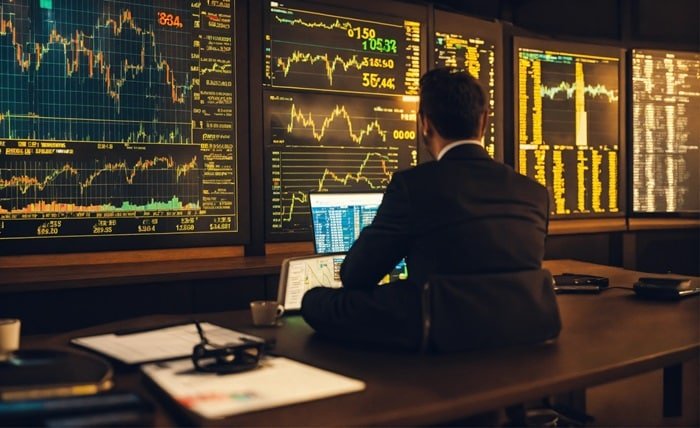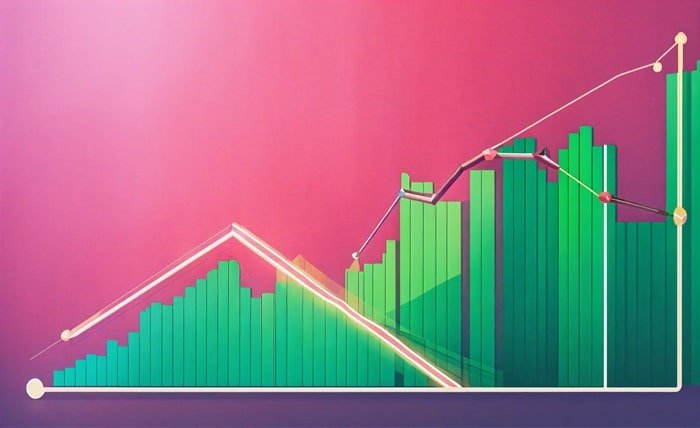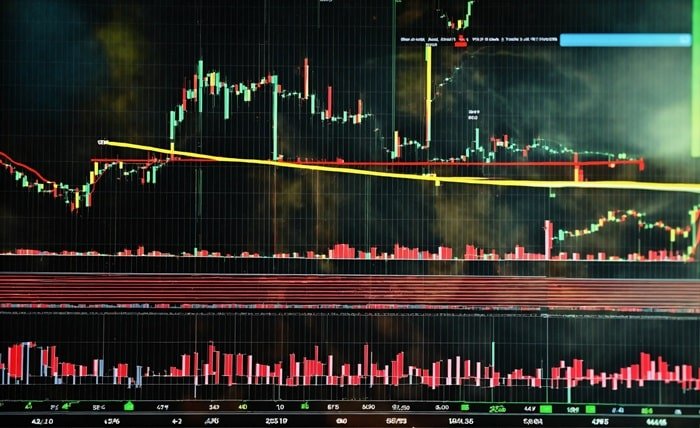Forex trading, also known as foreign exchange trading, is a decentralized global market where currencies are bought and sold. With its immense liquidity, accessibility, and potential for profit, forex trading attracts millions of traders worldwide. However, success in forex trading requires more than just luck or intuition. It demands skill, discipline, and a deep understanding of the market.
In this comprehensive guide, we delve into the strategies, mindset, and tools that distinguish successful forex traders from the rest. Whether you’re a novice or experienced trader, this article will provide invaluable insights to help you navigate the complexities of the forex market.
Understanding the Forex Market:
The forex market operates 24 hours a day, five days a week, allowing traders to engage in buying and selling currencies at any time. Its decentralized nature means that trading occurs over-the-counter (OTC), with no central exchange. Major participants include central banks, financial institutions, corporations, governments, and individual traders.
Key Concepts for Forex Trading Success:
1. Education and Continuous Learning: Successful forex traders understand the importance of education. They continuously seek to expand their knowledge of market dynamics, technical analysis, fundamental analysis, and trading psychology.
2. Risk Management: Effective risk management is crucial in forex trading. Successful traders employ strategies such as setting stop-loss orders, position sizing, and maintaining a healthy risk-to-reward ratio to protect their capital from significant losses.
3. Market Analysis: To make informed trading decisions, traders analyze market trends, economic indicators, geopolitical events, and technical charts. They use a combination of technical analysis tools, including moving averages, support and resistance levels, and oscillators, to identify potential entry and exit points.
4. Trading Psychology: Mastering emotions such as greed, fear, and overconfidence is essential for success in forex trading. Successful traders cultivate discipline, patience, and emotional resilience to adhere to their trading plans and adapt to changing market conditions.
5. Adaptability: The forex market is dynamic and constantly evolving. Successful traders remain adaptable and open to new strategies, techniques, and market developments. They embrace change and continuously refine their trading approaches to stay ahead of the curve.
Tools for Successful Forex Trading:
1. Trading Platforms: Choose a reliable trading platform that offers advanced charting tools, real-time market data, and fast order execution. Popular platforms include MetaTrader 4 (MT4) and MetaTrader 5 (MT5).
2. Technical Analysis Software: Utilize technical analysis software to conduct in-depth market analysis and identify trading opportunities. Software such as TradingView and NinjaTrader offers a wide range of technical indicators, charting tools, and customization options.
3. Economic Calendar: Stay informed about key economic events, central bank announcements, and geopolitical developments that may impact currency markets. Economic calendars such as Forex Factory and Investing.com provide real-time updates and analysis of economic indicators.
4. Risk Management Tools: Implement risk management tools such as stop-loss orders, take-profit orders, and position sizing calculators to manage your trades effectively and protect your capital from excessive losses.
Conclusion:
Becoming a successful forex trader requires dedication, discipline, and a willingness to learn. By understanding the fundamental concepts of forex trading, mastering risk management techniques, conducting thorough market analysis, and cultivating the right mindset, you can increase your chances of success in the dynamic world of forex trading.
Remember, success in forex trading is not guaranteed, and losses are inevitable. However, by following the principles outlined in this guide and continually refining your trading skills, you can navigate the challenges of the forex market and achieve your trading goals.
FAQs:
Q1: How much money do I need to start forex trading?
A1: The amount of money required to start forex trading varies depending on your trading strategy, risk tolerance, and broker requirements. Some brokers offer accounts with minimum deposits as low as $100, while others may require larger initial investments.
Q2: Is forex trading risky?
A2: Yes, forex trading carries inherent risks, including the risk of losing money. The volatile nature of currency markets, leverage, and geopolitical events can amplify these risks. However, with proper risk management strategies in place, you can mitigate potential losses and protect your capital.
Q3: Can I trade forex part-time?
A3: Yes, many traders engage in forex trading on a part-time basis while balancing other commitments such as work or studies. However, it’s essential to dedicate sufficient time and effort to learning and practicing trading skills to increase your chances of success.
Q4: How long does it take to become a successful forex trader?
A4: The time it takes to become a successful forex trader varies from person to person. It depends on factors such as your level of dedication, ability to learn from both successes and failures, and willingness to adapt to changing market conditions. Continuous learning, practice, and patience are key to long-term success in forex trading.




